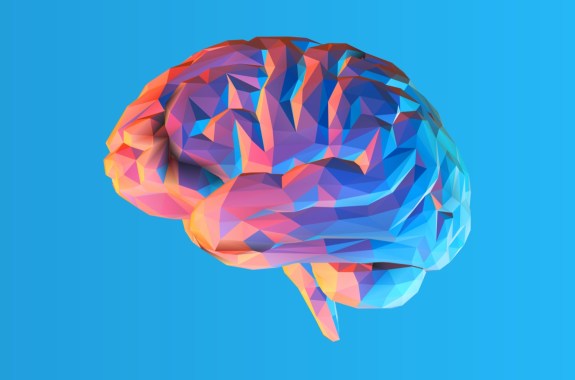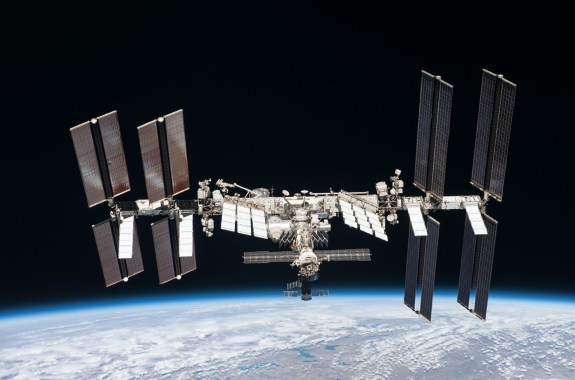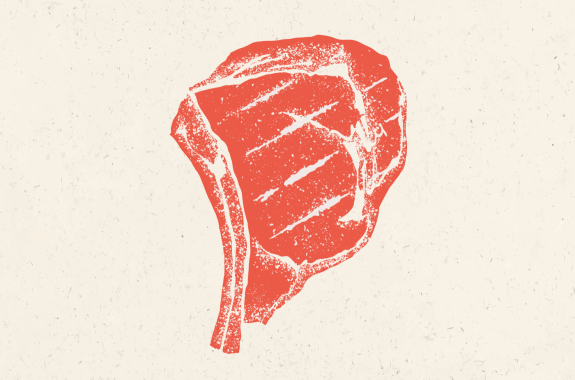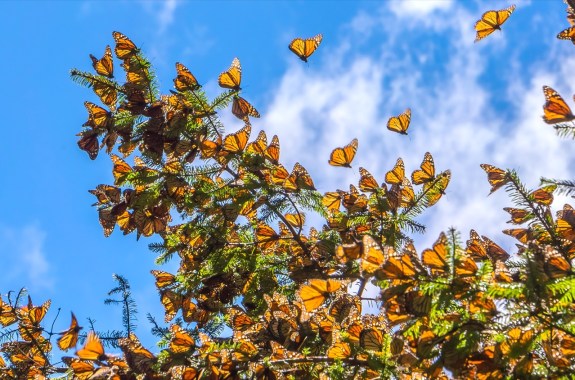featured segment
Why Should You Donate Your Brain To Science?
Despite advances in non-invasive imaging, brain donations are still the gold standard in neuroscience research.
Heard on the Air
12:12
Date Set For International Space Station’s Burial At Sea
In 2031, the International Space Station will join the Mir station and other orbiters in the ocean’s “spacecraft cemetery.”
07:33
Eating Meat May Not Have Spurred Human Evolution
New research suggests early human evolution may not have been driven by eating more meat, questioning a prominent theory.
2:23
The World According To Sound: How Do Songbirds Sing Two Notes At Once?
Listen to the many non-vocal sounds that birds use to communicate.
12:11
Phasing Out “Problematic” Plastics
Companies pledge to stop making hard-to-recycle materials—like straws, cutlery, and stirrers—as early as 2025.
24:09
The Science Of Slip Versus Stick
The answer to why some things are sticky and some things are slippery comes down to the science of surfaces.
10:14
How Long Will California’s Butterfly Boom Last?
Western monarch populations have rebounded exponentially from a terrifyingly low 2,000 in 2020. But will the good times last?
24:29
Why Should You Donate Your Brain To Science?
Despite advances in non-invasive imaging, brain donations are still the gold standard in neuroscience research.






